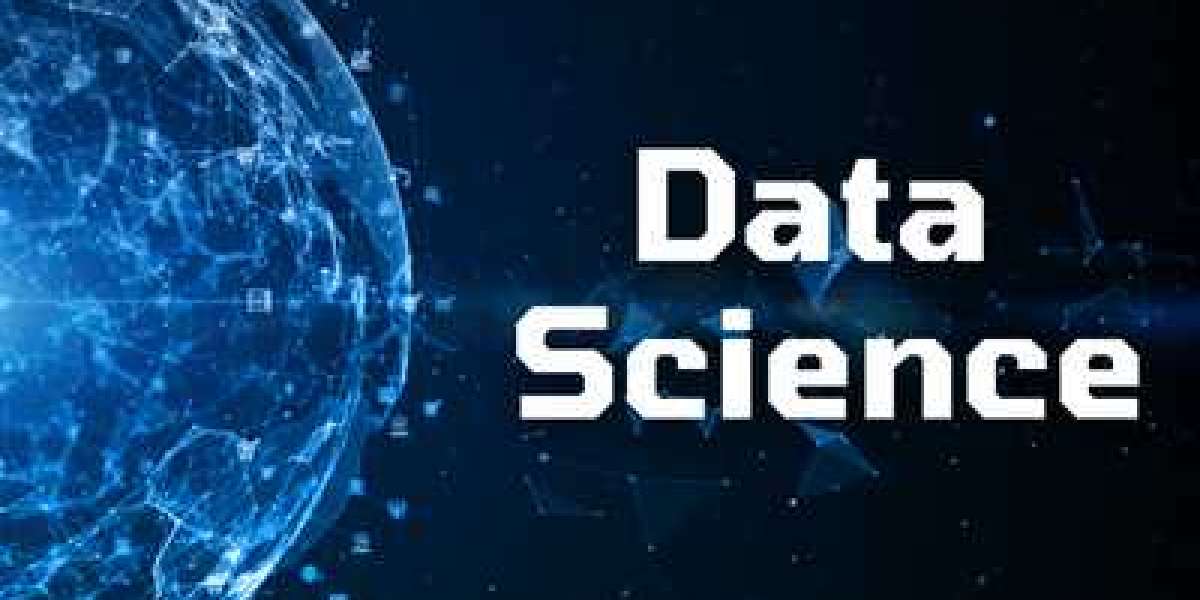Introduction
Data science is one of the fastest-growing fields in the world. According to a recent report by LinkedIn, data science is one of the top emerging jobs in the world, with a 37% annual growth rate in job postings. Data scientists are in high demand, and this demand is only set to increase as more and more companies realize the importance of data-driven decision-making. If you're interested in becoming a data scientist, there are a few steps you can take to get started.
Step 1: Learn the basics of statistics and programming
The first step to becoming a data scientist is to learn the basics of statistics and programming. Statistics is the foundation of data science, and you'll need a solid understanding of statistics to be able to work with data effectively. Programming is also important because most data science work is done using programming languages like Python or R.
There are many resources available online to help you learn statistics and programming. The most popular option is data science online courses. You can also consider taking a course in statistics or programming at a local college or university.
Step 2: Learn a programming language
Once you've learned the basics of programming, you'll need to choose a programming language to specialize in. Python and R are the most popular programming languages for data science, and both have large and active communities. Python is a general-purpose language that is easy to learn and widely used, while R is specifically designed for data analysis and statistics.
To get started with Python or R, you can take an online course or read a book. Some popular options include "Python for Data Analysis" by Wes McKinney and "R for Data Science" by Hadley Wickham.
Step 3: Learn data visualization
Data visualization is an important skill for data scientists because it allows you to communicate insights and findings to non-technical stakeholders. There are many tools available for data visualization, including Tableau, PowerBI, and matplotlib (a Python library).
To learn data visualization, you can take an online course or read a book. Some popular options include "Data Visualization with Tableau" by Ben Jones and "Python Data Science Handbook" by Jake VanderPlas.
Step 4: Learn machine learning
Machine learning is a subset of artificial intelligence that allows machines to learn from data and make predictions or decisions. Machine learning is a critical skill for data scientists because it allows you to build predictive models and automate decision-making processes.
To learn machine learning, you can take an online course or read a book. Some popular options include "Hands-On Machine Learning with Scikit-Learn, Keras, and TensorFlow" by Aurélien Géron and "An Introduction to Statistical Learning" by Gareth James et al.
Step 5: Build a portfolio
Once you've learned the basics of statistics, programming, data visualization, and machine learning, it's time to start building a portfolio of projects. A portfolio is a collection of projects that demonstrate your skills and experience as a data scientist.
To build a portfolio, you can start by working on small projects or Kaggle competitions. Kaggle is a platform for data science competitions where you can compete with other data scientists to solve real-world problems. You can also contribute to open-source projects or participate in hackathons.
Step 6: Network and find opportunities
Networking is an important part of finding opportunities as a data scientist. Attend meetups and conferences, participate in online communities, and connect with other data scientists on LinkedIn.
You can also look for opportunities on job boards like Indeed or LinkedIn, or reach out to companies directly. Some companies also offer internships or apprenticeships for data science roles.
Step 7: Continue learning
Data science is a rapidly evolving field, and it's important to continue learning and staying up-to-date with the latest trends and technologies. Attend conferences and meetups, read research papers and blogs, and take courses to stay current.
Some popular data science conferences include the Strata Data Conference, the Data Science Summit, and the PyData Conference. You can also follow data science blogs and podcasts like DataCamp, Data Science Central, and the Data Skeptic.
In addition to staying up-to-date with the latest trends and technologies, it's also important to continue developing your skills. Consider taking courses or certifications in areas like data engineering, big data technologies, and cloud computing to expand your skill set.
Summarizing it all
Becoming a data scientist is a rewarding and challenging career path. It requires a combination of technical skills, problem-solving abilities, and communication skills. By following these seven steps, you can start your journey to becoming a data scientist today:
- Learn the basics of statistics and programming
- Learn a programming language
- Learn data visualization
- Learn machine learning
- Build a portfolio
- Network and find opportunities
- Continue learning
A journey of time and efforts
Remember that becoming a data scientist is a journey, not a destination. It takes time and effort to develop the skills and experience needed to excel in this field. With dedication and hard work, however, you can achieve your goals and become a successful data scientist. It's important to note that becoming a data scientist requires a certain level of commitment and dedication. It's not a field that you can simply dabble in and expect to be successful. You will need to invest time, effort, and resources into your education and skill development. However, the rewards can be significant, both in terms of job satisfaction and financial compensation.
Other skills
In addition to technical skills, data scientists also need strong communication skills. As a data scientist, you'll be working with a variety of stakeholders, including business leaders, data analysts, and other technical professionals. You'll need to be able to communicate complex technical concepts in a clear and concise manner. You'll also need to be able to translate business problems into technical solutions.
Goals and motivation
As you embark on your journey to become a data scientist, it's important to have a clear understanding of your goals and motivations. What do you hope to achieve in this field? What kind of problems do you want to solve? What areas of data science are you most interested in? Having a clear sense of direction will help you stay focused and motivated as you work towards your goals.
Many paths to a common destination
It's worth noting that there are many different paths to becoming a data scientist. Some people come from a computer science or engineering background, while others come from a statistics or mathematics background. Some people learn through formal education programs, while others are self-taught. Ultimately, what's most important is your ability to demonstrate your skills and experience through your portfolio and work experience. As long as you're willing to put in the effort to learn and develop your skills, you can succeed as a data scientist regardless of your background or previous experience.
The bottom line
Finally, it's important to remember that data science is a team sport. While you'll certainly need to have strong individual skills, you'll also need to be able to work effectively as part of a team. This means being able to collaborate, communicate, and share knowledge and resources with others.
Thus, becoming a data scientist requires a combination of technical skills, problem-solving abilities, communication skills, and teamwork. By following these seven steps and staying committed to your goals, you can build a successful career in this exciting and rapidly evolving field.



